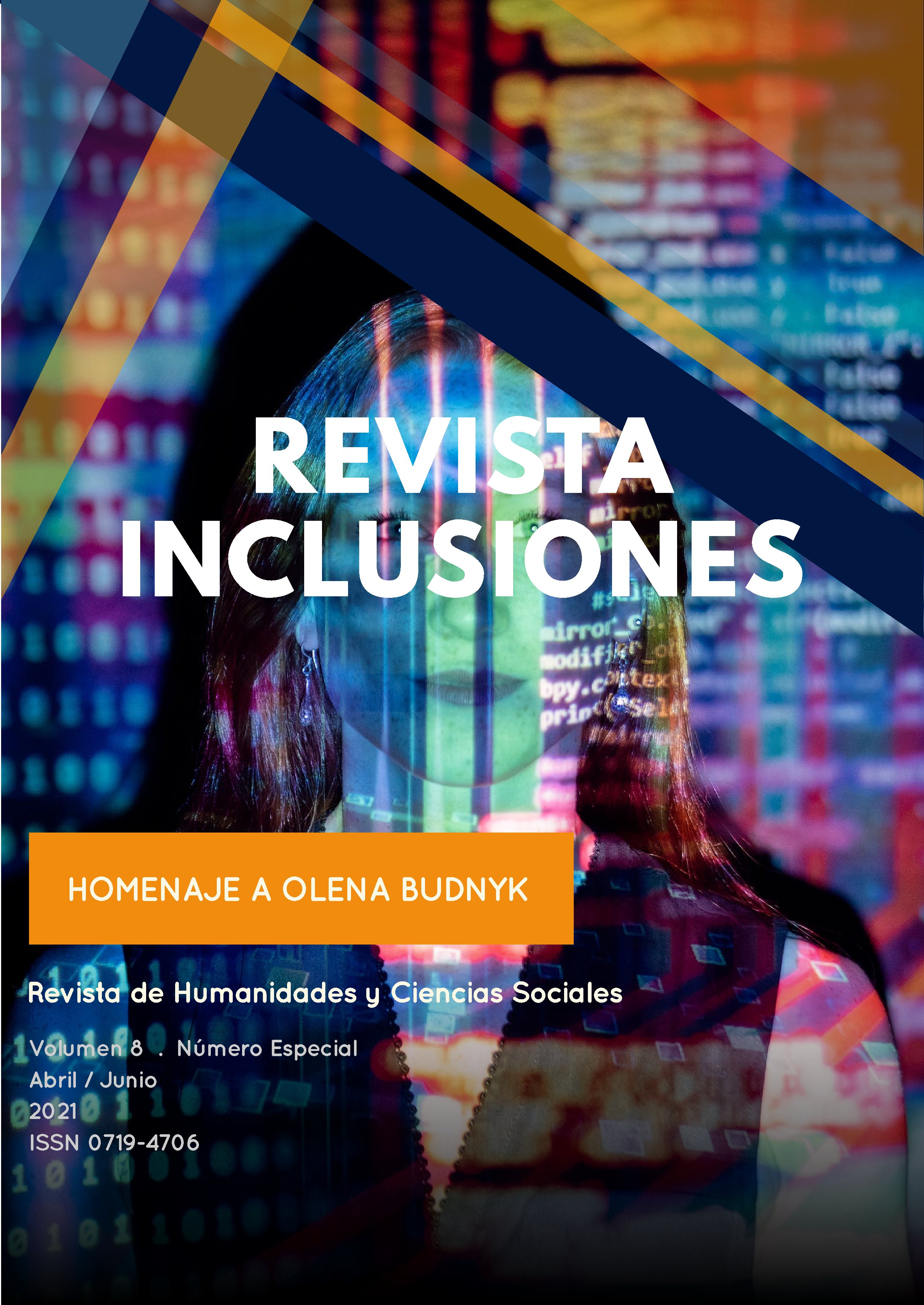O USO DA INTELIGÊNCIA ARTIFICIAL PELO PODER JUDICIÁRIO
Resumen
O objetivo geral da pesquisa é buscar compreender de que forma a inteligência artificial está sendo
aplicada pelo Poder Judiciário em sua atividade-fim que é a prestação jurisdicional. Já os objetivos
específicos são: (i) saber quais são os impactos que a inteligência artificial vem trazendo na atividade
dos juízes, servidores e jurisdicionados e (ii) se há alguma regulação. Para tanto, inicialmente serão
analisados os avanços do processo eletrônico até o uso da inteligência artificial. Em seguida, serão
verificados os impactos causados pela inteligência artificial e de que maneira esta tecnologia está
atingindo a prestação jurisdicional nos Tribunais. Por fim, serão examinados os princípios éticos em
sistemas judiciais da Comissão Europeia para Eficiência da Justiça (CEPEJ) e os Projetos de Lei
que estabelecem os princípios para o uso da inteligência artificial no Brasil. o uso da inteligência
artificial deve ser regulado pelo Estado para fixar padrões e limites ao seu uso, preservado os direitos
à proteção de dados, à privacidade, à dignidade da pessoa humana. A inteligência artificial deve ser
utilizada para ajudar e servir aos seres humanos tornado os trâmites processuais e julgamento mais
céleres, a fim de garantir a tão sonhada segurança jurídica.
Descargas
Publicado
Versiones
- 06-04-2021 (2)
- 03-03-2021 (1)
Cómo citar
Número
Sección
Licencia
Los autores retienen los derechos de autor y otorgan a Revista Inclusiones el derecho de publicación bajo Creative Commons Attribution 4.0 International (CC BY 4.0). Esto permite el uso, distribución y reproducción en cualquier medio, siempre que se otorgue la debida atribución al autor.









